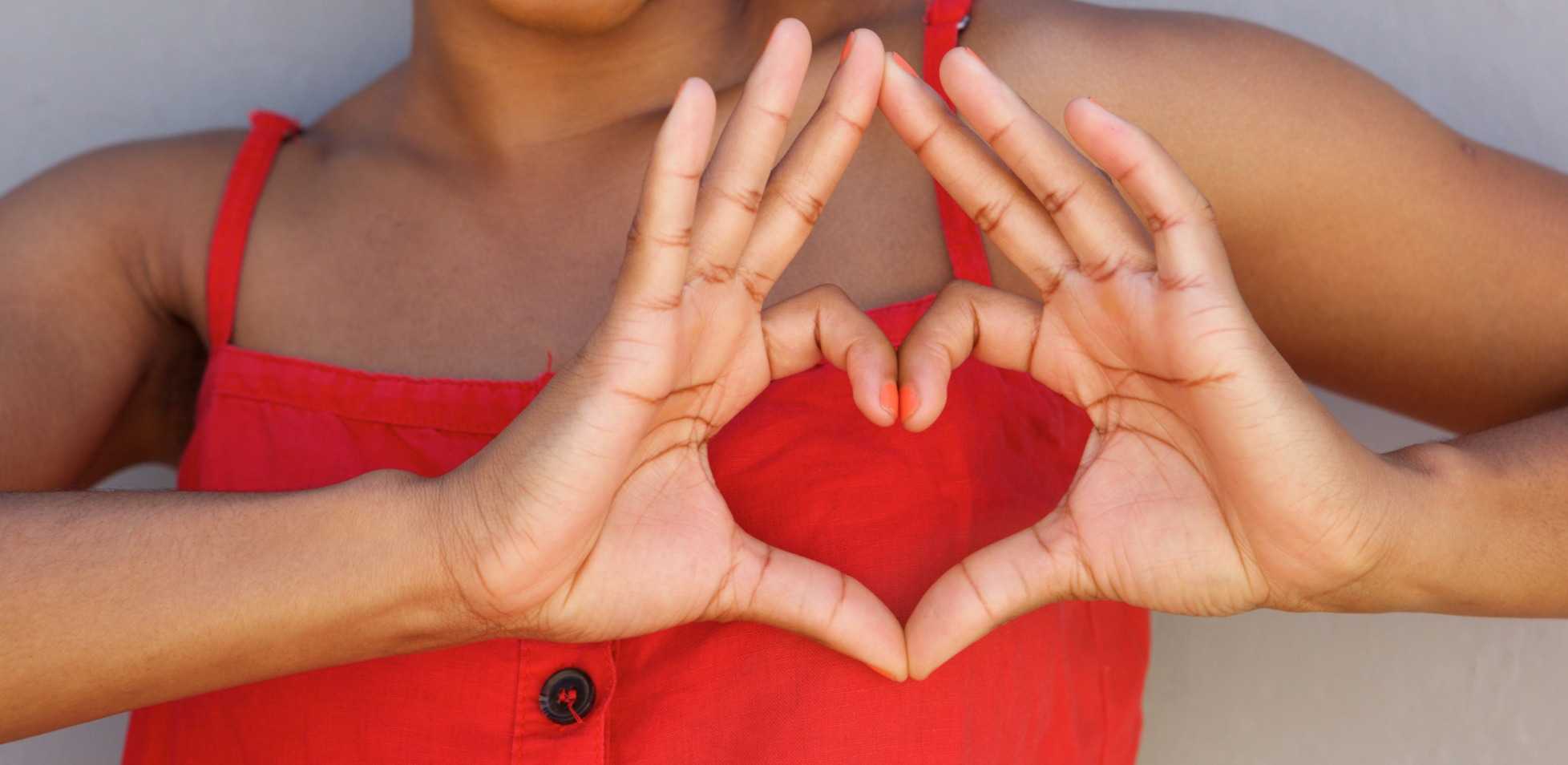Creative Greetings in Times of Physical Distancing
Imagine getting ready for an exciting occasion, a ceremony, an outdoor concert, or a coffee with an old friend and, instead of thinking about the fun you will have, you find yourself worrying about how to greet the people you are going to meet.
Our lives during this pandemic have taken a major turn and generally slowed down to the point where everyone is finally looking forward to going back to some sort of normality and routine. The “new normal” we are currently living forces us to adapt to a lot of things, and one of them is practicing physical distance with every human being that does not live in the same household as us. Physical distancing is highly recommended and even enforced in some places, as it is one of the most effective ways to slow down the spread of coronavirus.

In this article, we would like to cover one sociological aspect of physical distancing: the lack of widely accepted and expected gestures of greeting.
The use of a specific greeting has to do with being polite, showing respect, knowing the culture, and wanting to show affection and care. However, being unable to use physical touch, like a handshake, a hug, or a kiss on the cheek, does not mean that we cannot greet each other. It just means that we need to be curious and creative.
“Greeting” as a Cultural Aspect
Whenever visiting a new country (especially those more exotic and far from our own), one of the first things check is the culturally accepted ways of interacting with people, dress codes, common ways of greeting, and a few words to use.
A lot of cultures across the world, have greetings that do not involve touching. Do you recall any from your previous trips or your country of origin? Bring back the memories of greeting locals in a small village or neighborhood. If you use the specific greeting in your everyday life, it will spark conversation about the culture of a particular country, what you enjoyed doing there, who you met, and what you learned.

Psychologists say that recalling happy memories is a way to take a break from reality and induce some positive emotions. In this way, you traded a hug and oxytocin (the love hormone) with a gesture and recreation of a happy memory. Unsure of what to use, have a look at our list for ideas:
- India: palms pressed together over the heart, namaste!
- Thailand: hands together in prayer and a slight bow
- Japan: just bow, obviously skip the handshake
- Massai people in Kenya: make a one-time high jump, the highest you can do…
Greeting Others in Your Own Style
Come up with your own signature greeting: Something that reminds you of a funny story you cannot share enough, a gesture or reaction you and your friends and family would not mind sharing. A moment turned into a greeting will always remind you of how blessed you are to be able to make memories with loved ones.

Other authentic greetings like the “elbow bump” and the “foot shake” are being used widely now. Why don’t you give it a try and propose the heart sign with fingers spread — a heart supported by both hands in a welcoming, friendly way to symbolize that “Nobody Stands Alone”. Would you use this sign as a greeting in your next Changemakers activity? Do you have other original ideas to share with us?
Whatever your greeting style will be, let it bring some joy and thoughtfulness into your lives. Above all, stay safe and continue to spread love and kindness, and humanity will come out stronger.
About Mirela Volaj
I worked in international organizations in Albania (my home country), focusing on children’s rights and wellbeing, for 10 years. Even before getting involved in NGOs, I have always been passionate about human rights and environmental protection, and after a decade of working for vulnerable groups, I consider myself a social activist. At InterNations, I am enjoying the opportunity to get to know the work of Changemakers around the world.
Article topics
Related articles
Seven Reasons Why You Aren‘t Fitting in With the Locals
You took a huge step by moving to a new country! However, it doesn’t quite feel like home yet without the right people by your side. Making new friends through cultural barriers can be a struggle, but thankfully there are ways to make it easier.
Why Cross-Cultural Friendships Are Invaluable
Cross-cultural friendships can be a great way to expand your horizons and discover new things. Expats often make friends from all across the globe and are some of the most diverse groups of people out there. Read on to find out why our InterNations members value these friendships so much.
Lucky in Love: The Happiest Couples in the World
Everyone knows that finding true happiness and satisfaction in a relationship takes hard work. What happens when you throw cross-cultural differences or a foreign country into the mix? This article examines what factors can influence relationship satisfaction and reveals which expats are happiest in love.
Embracing Your Single Expat Life on Valentine’s Day
As a single expat, Valentine’s Day can bring a slight feeling of dread as you’re reminded of your relationship status. Luckily, it doesn’t have to be this way! We have a few suggestions to help you embrace being single abroad on the day of love.
Expat Tips: Put Yourself Out There
Lots of expats agree that one of the more difficult parts of moving abroad is building new friendships. That’s why putting yourself out there is important! Whether you’re an introvert or an extrovert, these tried and tested tips will help you create a friendship network in no time at all.




